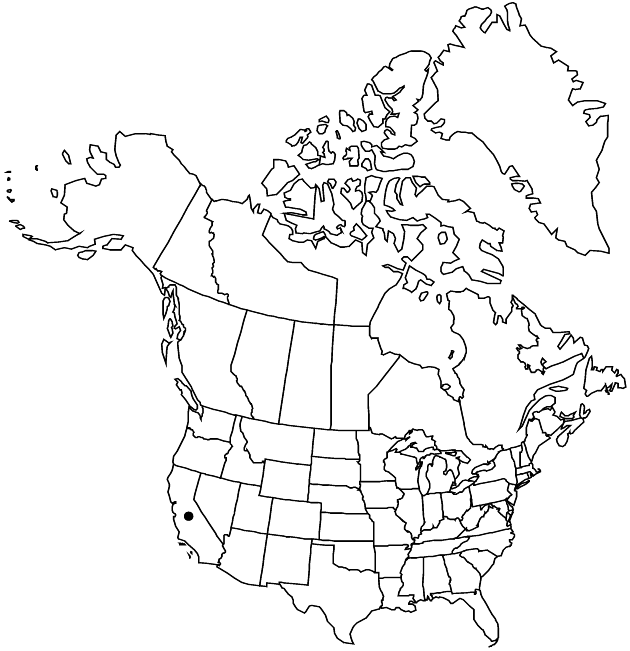Difference between revisions of "Layia fremontii"
Mem. Amer. Acad. Arts, n. s. 4: 103. 1849.
FNA>Volume Importer |
FNA>Volume Importer |
||
| Line 52: | Line 52: | ||
|publication year=1849 | |publication year=1849 | ||
|special status= | |special status= | ||
| − | |source xml=https://jpend@bitbucket.org/aafc-mbb/fna-data-curation.git/src/ | + | |source xml=https://jpend@bitbucket.org/aafc-mbb/fna-data-curation.git/src/f50eec43f223ca0e34566be0b046453a0960e173/coarse_grained_fna_xml/V19-20-21/V21_647.xml |
|tribe=Asteraceae tribe Heliantheae | |tribe=Asteraceae tribe Heliantheae | ||
|subtribe=Asteraceae (tribe Heliantheae) subtribe Madiinae | |subtribe=Asteraceae (tribe Heliantheae) subtribe Madiinae | ||
Revision as of 20:39, 16 December 2019
Plants 8–40 cm (self-incompatible); not glandular, not strongly scented. Stems not purple-streaked. Leaf blades lanceolate or oblanceolate to linear, 6–70(–90) mm, margins (basal leaves) lobed (pinnatifid). Involucres hemispheric to depressed-hemispheric, 4–11 × 3–11+ mm. Phyllaries 3–15, apices often longer (sometimes shorter) than folded bases. Paleae subtending ± all disc florets. Ray florets 3–15; laminae proximally yellow, distally white or light yellow, 5–18(–23) mm. Disc florets 4–100+; corollas 3.5–4.5 mm; anthers ± dark purple. Ray cypselae glabrous. Disc pappi of 9–12 white to tawny, lance-attenuate, ± equal scales 2–5 mm, each neither plumose nor adaxially woolly. 2n = 14.
Phenology: Flowering Feb–May.
Habitat: Grasslands, meadows, open woodlands, disturbed sites, often valley bottoms, swales, edges of vernal pools, usually on heavy or shallow soils, sometimes serpentine
Elevation: 10–800 m
Discussion
Layia fremontii occurs in the Great Valley and adjacent foothills of the Cascade Range and Sierra Nevada.
Selected References
None.
